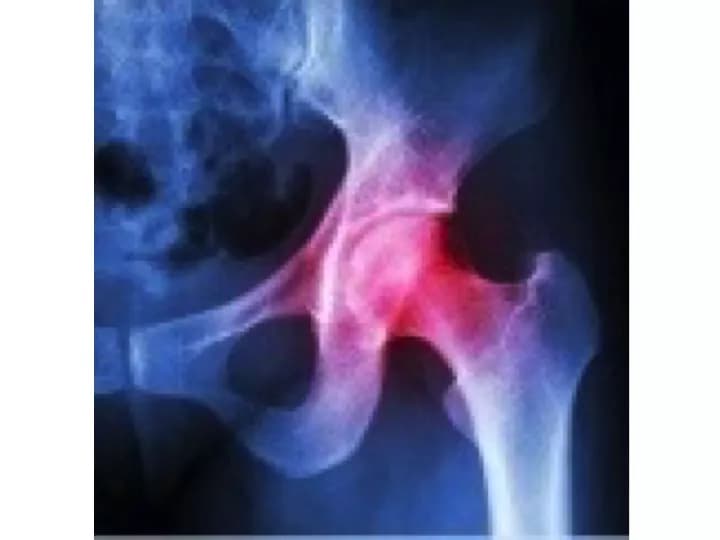
Scientists Reveal How Inflammation Affects The Life Of Brain Cells
New King's College London research reveals how blood inflammation affects the birth and death of brain cells, which could offer new treatment targets for antidepressants.
Mounting evidence points to high levels of inflammation as an important biological abnormality leading to depression in at least one third of patients. However, this new study offers the first evidence that inflammation may increase depression risk by reducing the birth of new cells and accelerating the naturally-occurring death of existing cells in the brain.
Using a research model made up of human brain cells, the researchers from King's Institute of Psychiatry, Psychology & Neuroscience (IoPPN) examined the effects of a protein (interferon-alpha -- IFN-α), which is able to activate the immune system and ultimately to induce depressive symptoms in healthy people.
Specifically, they investigated the impact of on the process of brain cell formation, called neurogenesis, which is known to occur in the hippocampus, a brain region highly involved in depression and antidepressant response. Neurogenesis is normally reduced by depression and chronic stress, and this reduction is thought to be clinically relevant to the development of depression.
These new findings, published in the International Journal of Neuropsychopharmacology, show that IFN-α reduces the birth of new brain cells and increases brain cell death in the hippocampus. The researchers demonstrated this by regulating the levels of four inflammatory proteins, which are known to activate the immune response and to regulate distinct brain functions related to depression.
Dr Alessandra Borsini, first author from the Institute of Psychiatry, Psychology & Neuroscience (IoPPN) at King's College London, said: 'This is the first study ever published demonstrating that inflammation can activate distinct molecules in the brain's hippocampus, leading to alterations in how new brain cells are formed.'
Dr Patricia Zunszain, IoPPN, King's College London, said: 'The brain changes we detected following IFN-α treatment might be associated with cognitive and behavioural disturbances reported in patients with high levels of inflammation, including those that receive IFN-α as a therapy for viral infections or cancer. Therefore, our findings could have crucial translational impact.'
Professor Carmine Pariante, IoPPN, King's College London, added: 'Considering the significant involvement of inflammation in psychiatric and brain disorders, this study offers new insights into how inflammation affects the brain. We think that new drugs targeting these mechanisms could be effective antidepressants of the future, especially in patients with high levels of inflammation.'
Materials provided by King's College London. Note: Content may be edited for style and length.
Disclaimer: DoveMed is not responsible for the accuracy of the adapted version of news releases posted to DoveMed by contributing universities and institutions.
References:
Borsini, A et al. (2017). Interferon-Alpha Reduces Human Hippocampal Neurogenesis and Increases Apoptosis via Activation of Distinct STAT1-Dependent Mechanisms. International Journal of Neuropsychopharmacology. DOI: 10.1093/ijnp/pyx083
Related Articles
Test Your Knowledge
Asked by users
Related Centers
Related Specialties
Related Physicians
Related Procedures
Related Resources
Join DoveHubs
and connect with fellow professionals

0 Comments
Please log in to post a comment.